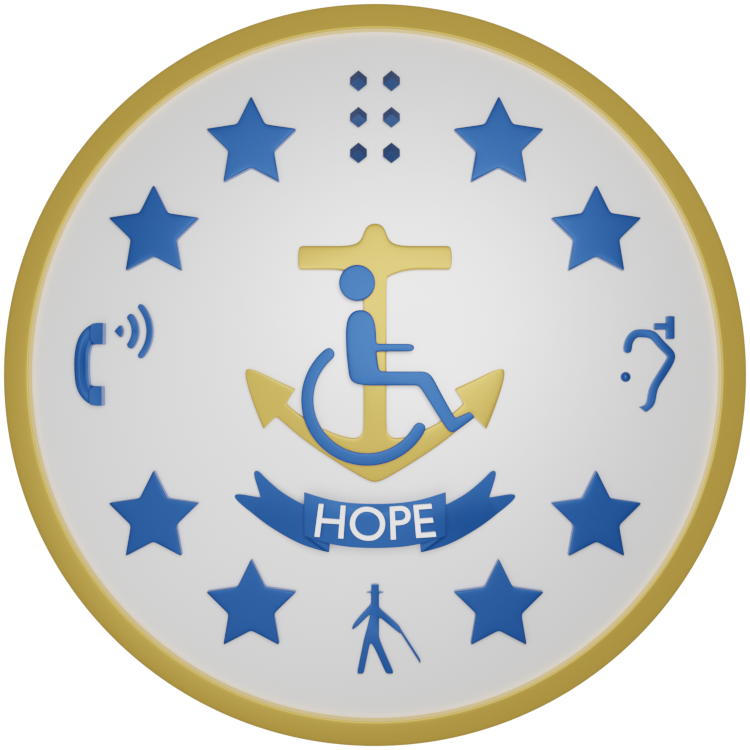Early Intervention Services
Children from birth to age three are eligible for Early Intervention (EI) services if they have a developmental delay or have a physical or mental disability (such as Down Syndrome) that is likely to result in a developmental delay. The term ‘developmental delay’ includes delays in physical development (including hearing and vision), communication, or social/emotion development, thinking (cognition), or in self-help skills.
Early Intervention services can include, but are not limited to, special instruction; occupational, physical, speech, and language therapies; and psychological services. Early Intervention services can also include training and other services needed by the family to support the child’s development. All necessary services must be provided without cost to the family. Whenever possible, EI services must be provided in the child’s “natural environment.” A separate, specialized facility can only be used if the child’s needs require such a restrictive setting.
If you think your child needs services, contact Rhode Island’s Department of Human Services (DOH). DOH will then arrange for a full evaluation of your child.
This evaluation must be free, and must look at your child’s development in all five key developmental areas. It must also include a review of the records regarding your child’s health status and medical history. Evaluators must also consider, with your approval, what types of services your family needs to help your child’s development.
All families in Early Intervention have specific rights under federal law. These rights are identified in the Individuals with Disabilities Education Act (IDEA), which supports special education for children with disabilities or developmental delays. Part C of this law covers services for infants and toddlers and guarantees certain rights, called procedural safeguards, for their families.
All families have the right to a timely, multi-disciplinary evaluation and/or assessment and a meeting to initiate an IFSP within forty-five (45) calendar days from their referral to the Early Intervention Program.
Written prior notice must be given to the family at least seven (7) calendar days before the EI program can start, stop, or change an evaluation, placement, or services to the child and family. The notice must include the action that is being proposed or refused, the reasons for taking the action and the family’s rights, including a description of how to file a complaint if needed. All prior written notices must be in the parent’s native language unless it is clearly not feasible to do so.
It is a family’s right to thoroughly understand all activities and written records for their child. If families prefer another language or way of communicating, Early Intervention will get an interpreter if possible. The Early Intervention Program wants families to understand so that they can be informed team members and decision makers.
Go to http://www.dhs.ri.gov/ChildrenwithSpecialNeeds/EarlyInterventionProgram/tabid/839/Default.aspx for more information about early intervention services, coverage areas, and a central directory of early intervention resources. Also check out the Rhode Island Parent Information Network (RIPIN) at www.ripin.org for more information on early intervention programs and parent support.
